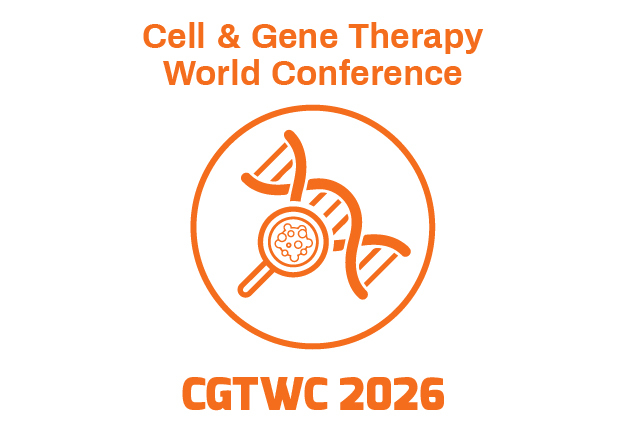Speakers - 2025

Maryam Fazeli
Maryam Fazeli
- Designation: Motamed Cancer Institute, ACECR
- Country: Iran, Islamic Republic of
- Title: CRISPR Mediated Disruption of HPV16 E6 E7 Oncogenes Combined with Activated NK Cell Therapy A Novel Strategy for Cervical Cancer Treatment
Abstract
Human papillomavirus (HPV)-driven cervical cancer remains a major global health challenge, particularly in regions with limited access to preventive vaccination and advanced therapies. Persistent expression of the viral oncoproteins E6 and E7 is essential for malignant transformation and tumor maintenance, making them ideal therapeutic targets. In this study, we developed a dual-modality approach integrating CRISPR-Cas9 gene editing with adoptive natural killer (NK) cell therapy to selectively eliminate HPV16-positive cervical cancer cells.
Using a lentiviral CRISPR-Cas9 delivery system, we achieved efficient knockout of HPV16 E6 and E7 oncogenes in vitro, resulting in restoration of p53 and Rb tumor suppressor pathways, induction of apoptosis, and significant reduction in tumor cell proliferation. To enhance the immune-mediated antitumor response, we further employed ex vivo–expanded and cytokine-stimulated NK cells, which naturally recognize stress-induced ligands such as MICA, MICB, and ULBPs expressed on HPV-transformed cells.
In a C57BL/6 murine model bearing subcutaneous HPV16-positive cervical tumors, mice were treated with either CRISPR-Cas9–mediated disruption of E6/E7 oncogenes, adoptive transfer of ex vivo–expanded NK cells, or a combination of both. Tumor volume was measured twice weekly, and survival was monitored over a 60-day period.
CRISPR-mediated gene editing alone resulted in a 52% reduction in tumor volume by day 21 (p < 0.01), accompanied by reactivation of p53 and Rb pathways and increased apoptotic markers such as cleaved caspase-3. NK cell therapy alone achieved a moderate tumor growth delay (37% reduction, p < 0.05) primarily through direct cytotoxicity and IFN-γ secretion.
However, the combination therapy produced a synergistic antitumor effect, with >75% tumor regression by day 21 and a significant improvement in median survival (46 days vs. 27 days in control, p < 0.001). Flow cytometry and immunohistochemical analyses revealed a reshaped tumor microenvironment, characterized by:
- increased infiltration of CD8+ T cells and NK cells,
- reduced numbers of immunosuppressive regulatory T cells (FoxP3+),
- upregulation of proinflammatory cytokines (IFN-γ, TNF-α), and
- downregulation of immunosuppressive molecules such as PD-L1.
Collectively, this dual approach not only induced direct tumor cell killing but also enhanced adaptive immune activation, leading to a sustained antitumor response beyond the initial treatment period.
This work highlights the potential of combining gene editing with adoptive cell therapy as a feasible and precise strategy for virus-associated malignancies. It also underscores the importance of addressing the ethical, translational, and accessibility challenges associated with next-generation cell and gene therapy approaches.
Keywords:
CRISPR-Cas9, HPV16, E6/E7 oncogenes, NK cell therapy, cervical cancer, gene editing, ethics and efficacy

